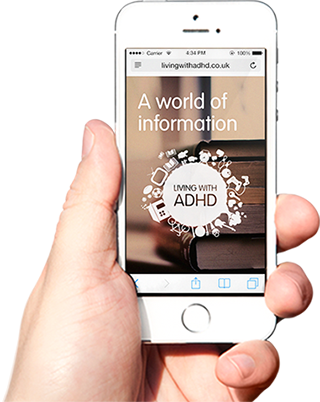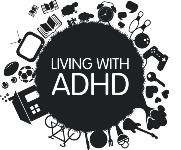ADHD Parents Treatment
The treatment of ADHD
Treatment options
ADHD often responds well to treatment. In the UK, the National Institute for Health and Clinical Excellence (NICE) recommend ADHD should be treated.
The precise treatment that your child will be offered will depend on their particular needs.
However, treatment is likely to include:
1. Advice and cognitive behavioural therapy
Advice, support and behavioural therapy for parents and/or the child and/or teachers.
This includes specific training on how to manage your child's behaviour most effectively and to promote ways of bringing out the best in them.
There are several behavioural techniques
Techniques may include:
- Identifying and focussing on particular problem times or situations such as mealtimes, getting ready for school or doing homework
- Planning in advance what to do in response to your child's behaviour and responding consistently
- Developing techniques to improve your child's listening; for example, using eye-to-eye contact, talking about one thing at a time and focussing on what to do rather than what not to do
- Using behaviour contracts and rewards for achieving agreed goals
- Using "time out" and other sanctions
Social skills training, counselling and remedial teaching
ADHD commonly occurs together with other conditions. As part of their treatment, your child may be offered:
- Training in social skills to help in building relationships and avoid aggressive behaviour
- Counselling to improve self-esteem
- Remedial teaching to help them "catch up" at school
- See the Top 10 hints and tips section for more recommendations about behavioural approaches to help you cope with your child's ADHD.
Treatment depends on age and severity of symptoms
The treatment recommended for your child will depend upon their age and the severity of their symptoms. Some children will require behavioural treatments only, while others may require behavioural treatment and medication to control their symptoms adequately.
2. Medication
Medications do not cure ADHD, but they can help you conrol the main symptoms - inattention, hyperactivity and impulsiveness.
There are two different classes of medication available for the treatment of ADHD, stimulants and non-stimulants. Stimulants work quicker, but non-stimulants don't need to be taken as often. Your child's doctor will discuss with you if they think medication is required and will select the one that they think will be most suitable.
Treatment expectations
It is important to understand the potential benefits and limitations of your child's medical treatment.
It may take some time to find the best dose of drug treatment to use for your child. The specialist may prescribe a low dose to begin with, then increase it, aiming to achieve symptom relief while minimising side effects.
Treatment can improve symptoms, but cannot cure ADHD
Treatment can greatly improve the symptoms of your child's ADHD, but cannot cure it completely.
Your child's doctor will be able to discuss the best treatment for your child based on their individual needs.
Side effects
During the early stages of treatment, you may be asked to help monitor your child's symptoms using forms provided to you, and to look out for side effects.
If you notice any side effects in your child, talk to their doctor, pharmacist or nurse. This includes any possible side effects not listed on the package leaflet. You can also report side effects directly via the Yellow Card Scheme at www.yellowcard.mhra.gov.uk. By reporting side effects you can help provide more information on the safety of their medicine.
For a full list of possible side effects, please speak to a healthcare professional.
Attending a clinic to monitor treatment
Some treatments are taken once daily, while others need to be taken two or three times a day. You may need to encourage or prompt your child to remember their medication.
You and your child will need to attend the clinic for regular follow up visits. The doctor will want to monitor how well the treatment is working and whether there have been any problems. Your child's blood pressure, pulse, height and weight should be checked regularly.
Length of treatment
The length of time for which your child will receive treatment for ADHD is not fixed in advance.
Treatment for ADHD may need to continue for a number of years.
The doctor may recommend that your child stops their medication every so often to see how they get on without it (sometimes known as a "medication/treatment holiday"). Stopping treatment should be carried out only under the supervision of the specialist in charge of your child's care.


Resources
Visit our resource centre for useful information and helpful activities for parents, teachers and teenagers living with ADHD.
